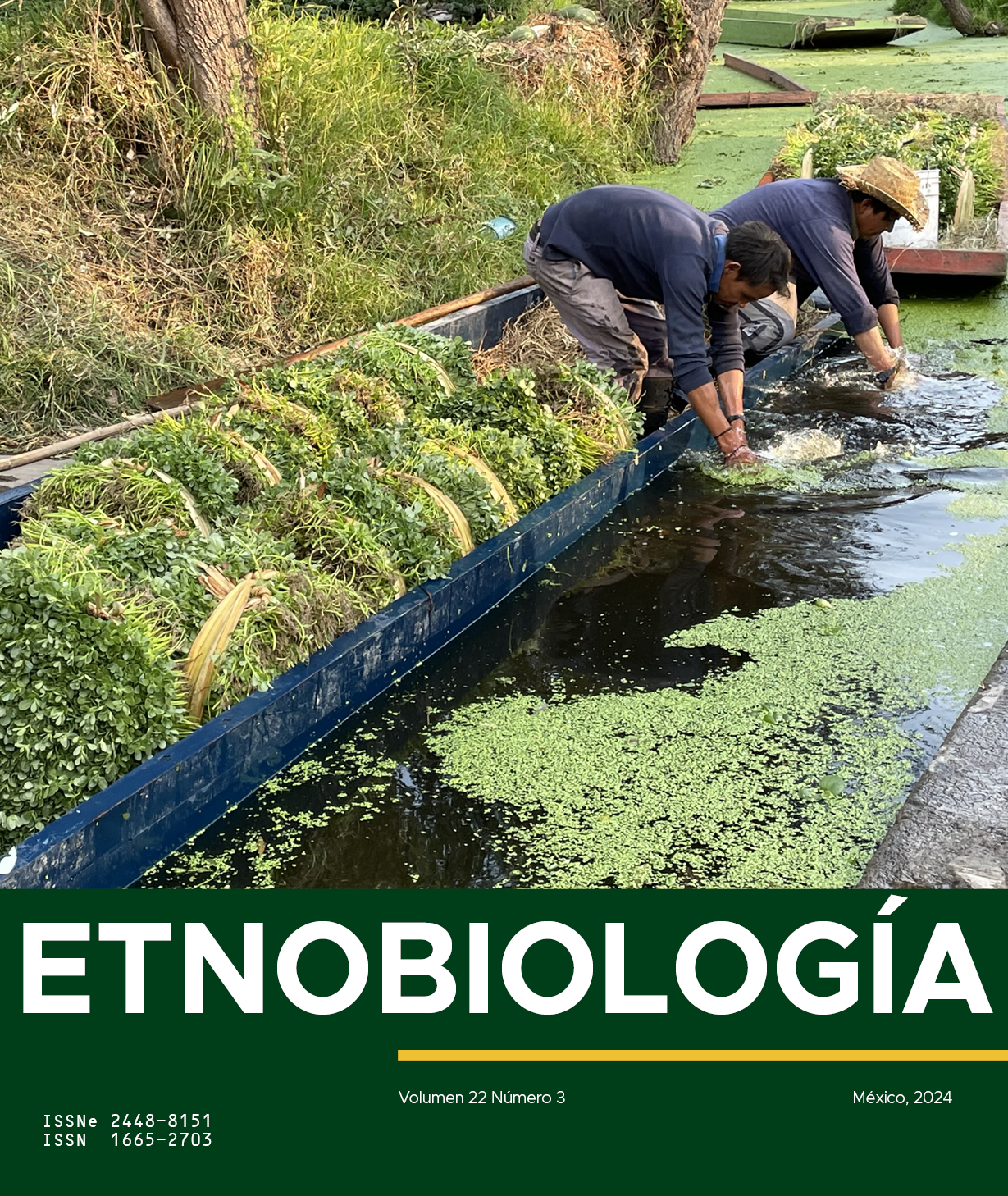POTENTIAL OF QUELITES IN THE CONTROL OF GASTRITIS
Abstract
Helicobacter pylori is the primary causative agent of gastritis, peptic ulcer, and a factor in gastric cancer development. More than 50% of the world’s population is infected. Currently, the eradication treatment presents problems, such as the resistance of the bacteria to conventional antibiotics, so the search for alternatives is essential. Medicinal plants have been a source of antibiotic substances, and many of them are also edible. Hence, the plants we consume could play a role as modulators (preventive or curative) in the development of diseases caused by H. pylori. In Mexico, certain species of plants that are eaten tender, known as quelites, which are rich in nutrients, are not consumed by the whole population. These plants could enrich the Mexican diet, providing, in addition to nutrients, beneficial health properties. In this work, a bibliographic review of quelites with a proven inhibitory effect on the growth of H. pylori and/or anti-ulcer activity was carried out in the PubMed and Scopus databases. The results showed 13 species out of 89 selected species with information in this regard. Four of them had reports of anti-H. pylori activity in vitro, six with gastroprotective activity and three with both. Emphasis was made on the few studies carried out with alache, chepil and chaya that establish the effect on the adherence of the bacteria to the gastric epithelium and thus have an impact on the prophylaxis of the infection. The results show the potential of quelites for the management of diseases related to H. pylori, such as gastritis and ulcer. The importance of further research to prove their effect and thus give them an added value that promotes their consumption in the Mexican daily diet is discussed.


